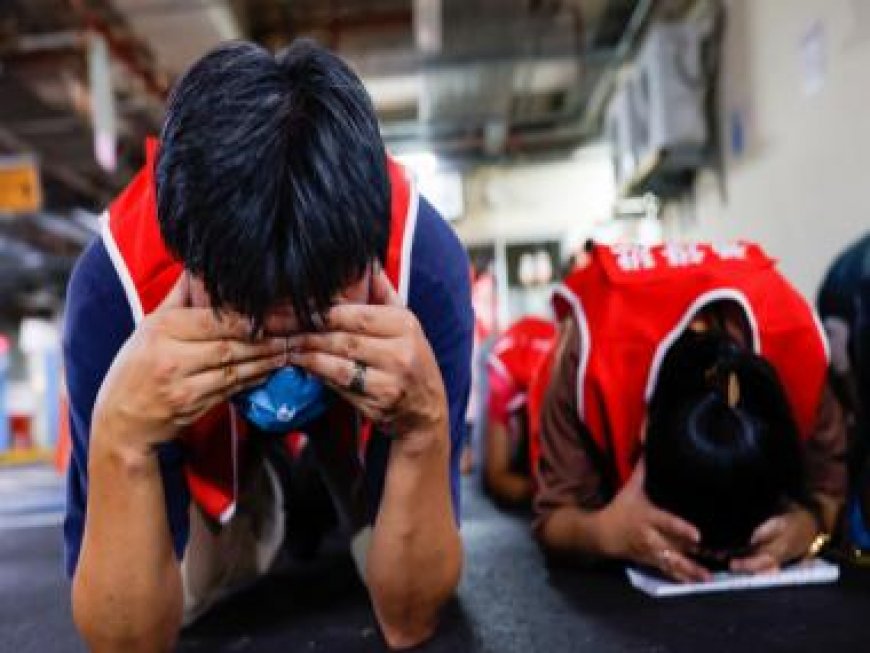Research explains why long-term COVID patients are unable to exercise
Research explains why long-term COVID patients are unable to exercise

Researchers at Vrije Universiteit Amsterdam have uncovered evidence explaining why individuals with long Covid endure prolonged fatigue, discomfort, and pain after physical activity.
The study, published in Nature Communications, examined 25 long Covid patients and 21 individuals who had recovered fully from Covid.
The participants, all of whom were previously healthy and within working age, engaged in a short exercise on a bicycle. The results showed that, on average, those with long Covid had a reduced exercise capacity compared to healthy participants.
Biopsies taken before exercise revealed that long Covid patients had a higher proportion of white fibers in their muscles, which contain fewer mitochondria and capillaries. Additionally, the study found signs of impaired mitochondrial function in long Covid patients.
Dr. Rob Wüst, one of the study authors, emphasised that these findings partly explain the reduced exercise capacity observed in people with long Covid. Moreover, the research highlighted an increased presence of amyloid protein clumps in the muscles of long Covid patients, though microclots were not blocking blood vessels, contrary to previous proposals.
Comparing pre- and post-cycling biopsies, the study demonstrated worsened mitochondrial function after exercise in long Covid patients. This group also exhibited more tissue damage and signs of the body attempting repairs, providing insights into the muscle pain experienced after physical activity.
Wüst warned against intense exercise for people with long Covid, stressing on its potential to damage muscles, worsen metabolism, and contribute to persistent muscle pain and fatigue weeks after activity.
While the study supports the idea of treatments improving mitochondrial health, Prof. Betty Raman of the University of Oxford suggests considering other factors like persistent inflammation in understanding long Covid fatigue.
What's Your Reaction?


























































